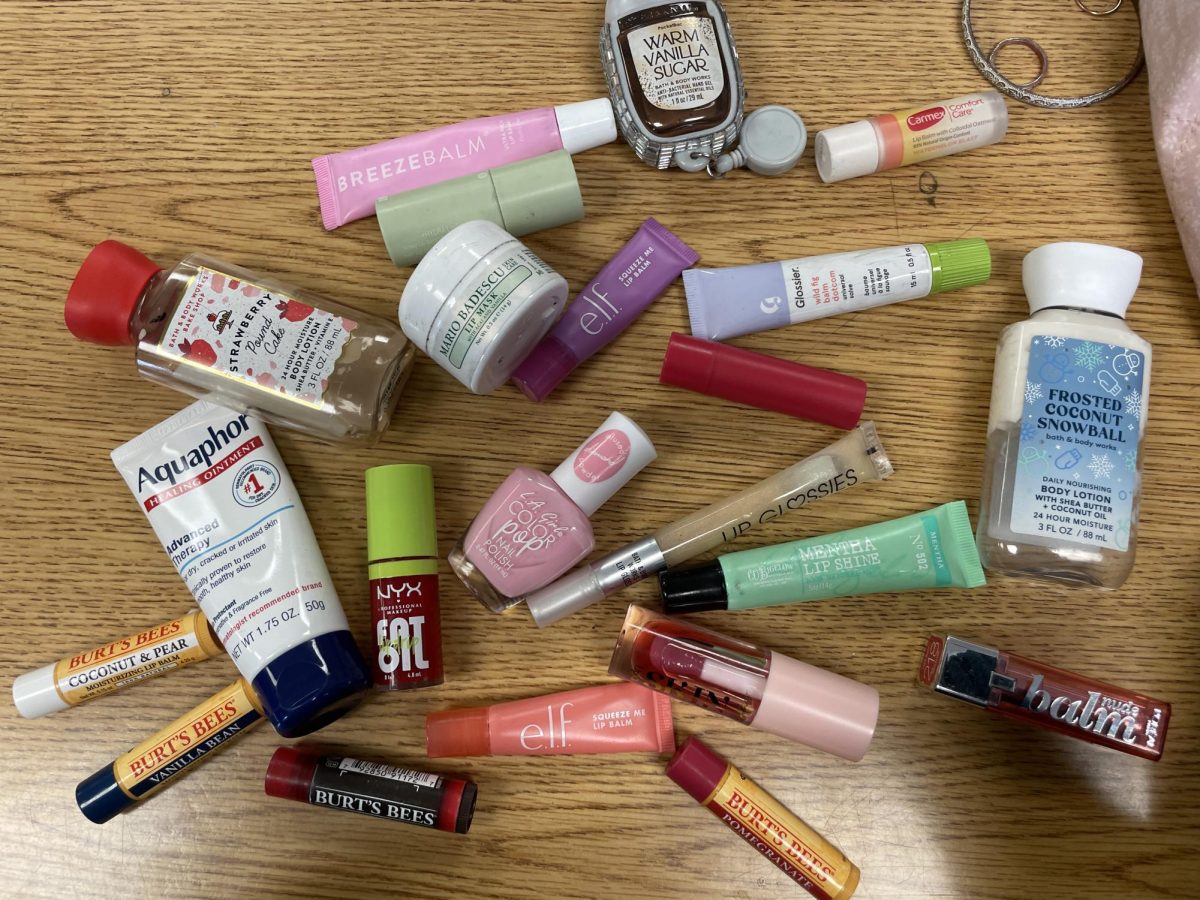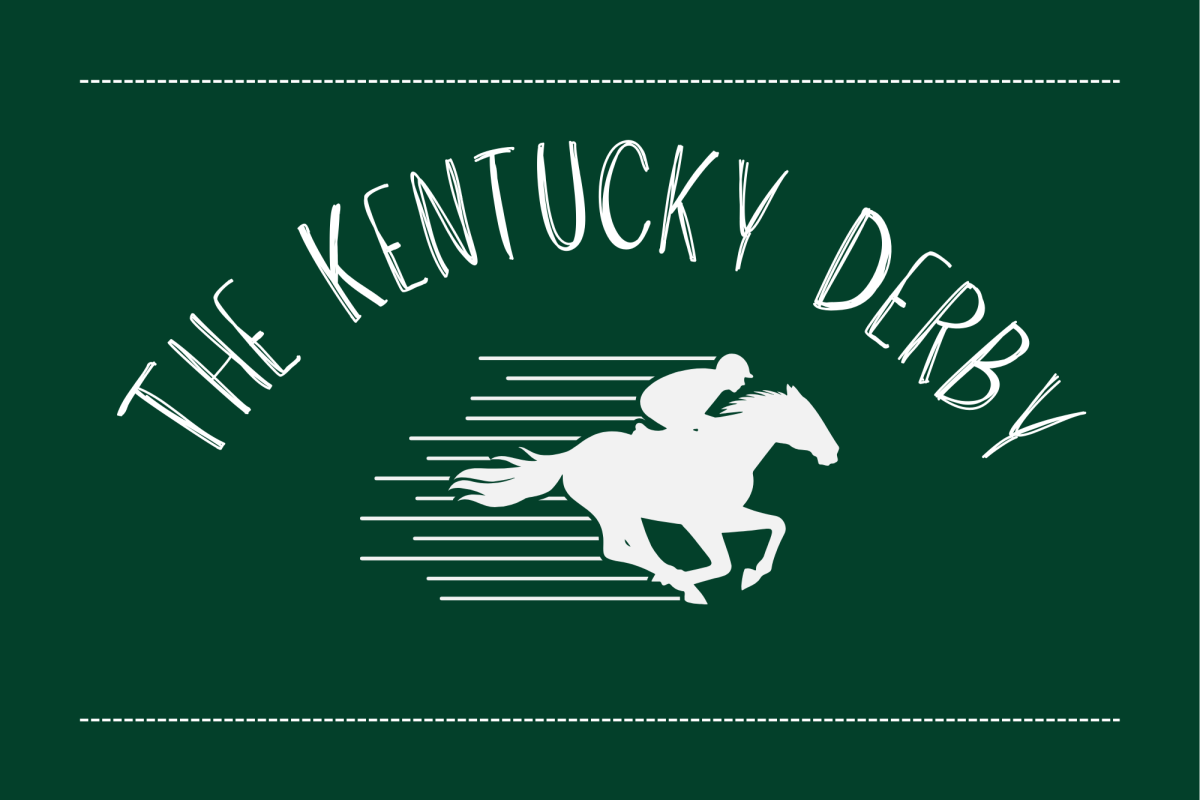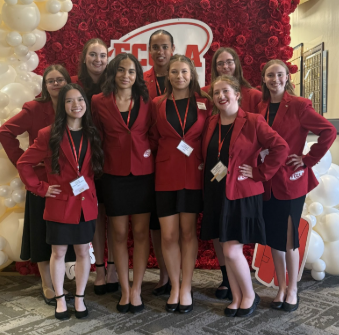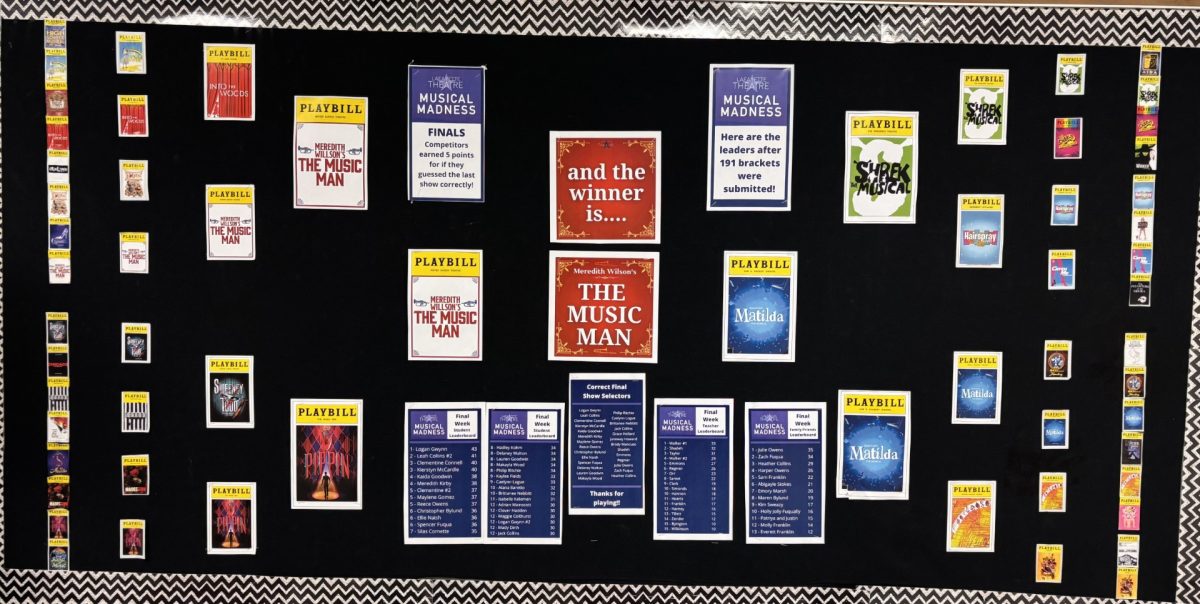In recent years, social media and the internet have been key players in spreading false information in the world of health. Social media influencers and celebrities tremendously influence health trends by contributing to changing beauty standards and promoting new products. This often results in companies and brands taking advantage of celebrities’ influential power to profit from new products that don’t necessarily work.
Many of these approaches that companies use to take advantage of celebrities’ influence to promote their products are by using celebrities to advertise certain products and partnering with social media influencers on platforms such as TikTok and Instagram. This can result in costly spending and excessive measures taken to get the desired results seen on social media and movie stars. Unfortunately, younger and younger generations have access to this type of information, leading to more adolescent cases of mental health issues.
Some of the biggest health scams are detox teas, cleanses, diet pills, supplements, and extreme low-calorie deficits that have recently been a part of diet culture. Diet culture is beliefs and practices that promote and aim toward weight loss through eating specific foods usually categorized as good or bad. “Diet culture creates a moral hierarchy of body sizes and shapes, which typically idealizes thinness and creates fear and negativity about fat,” wrote Beth Sissons in a Medical News Today article. This type of idealization around unachievable body types, or unhealthy body types, results in depression, anxiety, and eating disorders.
Many beauty products revolving around skincare have misleading information or false claims such as instant results, miracle ingredients, or the wrong percentage of ingredient concentration. These claims are then promoted by influencers and celebrities. Some may also have photoshopped before and after photos to better advertise to the public. One brand known to spread misinformation is L’Oréal, who made false claims that their products had instant results. Kylie Skin Cosmetics by celebrity Kylie Jenner, who is a celebrity, also spread misinformation and profited off of wrongly exaggerating its ability to be used for gentle skin. Tarte cosmetics has also been accused of spreading misinformation after claiming they had “all natural” products, yet their formulas were not. This type of deceiving advertisement can result in high money spending for those trying to fix blemishes or flaws created by beauty standards. Because many beauty and skin care product companies are more focused on selling their product than finding a formula that actually works, people’s money is essentially being wasted.
The concept that the “ideal body” can be achieved through these diets or products can have a significant impact on people’s lives by affecting their mental health, their physical health, and self-esteem. Brands such as Neutrogena claimed to have anti-aging effects and according to the Federal Trade Commission (FTC), L’Oréalś false advertising about actually being clinically tested had little evidence of being true. Young and unaware children are more likely to fall for the scams set up and can be more heavily impacted by the negative effects these issues bring and can have longer-lasting issues throughout life.
It’s extremely important to be aware of what you put on your skin and in your body. To protect yourself from companies trying to make you overpay for products with no special effects, be sure to thoroughly read ingredient labels and watch out for claims such as “miracle product”, “overnight results,” or “instant results.” It is important not to believe everything you read, hear or see on the internet because Photoshop and editing tactics are used to exaggerate results. Researching ingredient effects and checking the brand’s reputation and experience with healthcare products is also just as important to combat this spread of misinformation.














